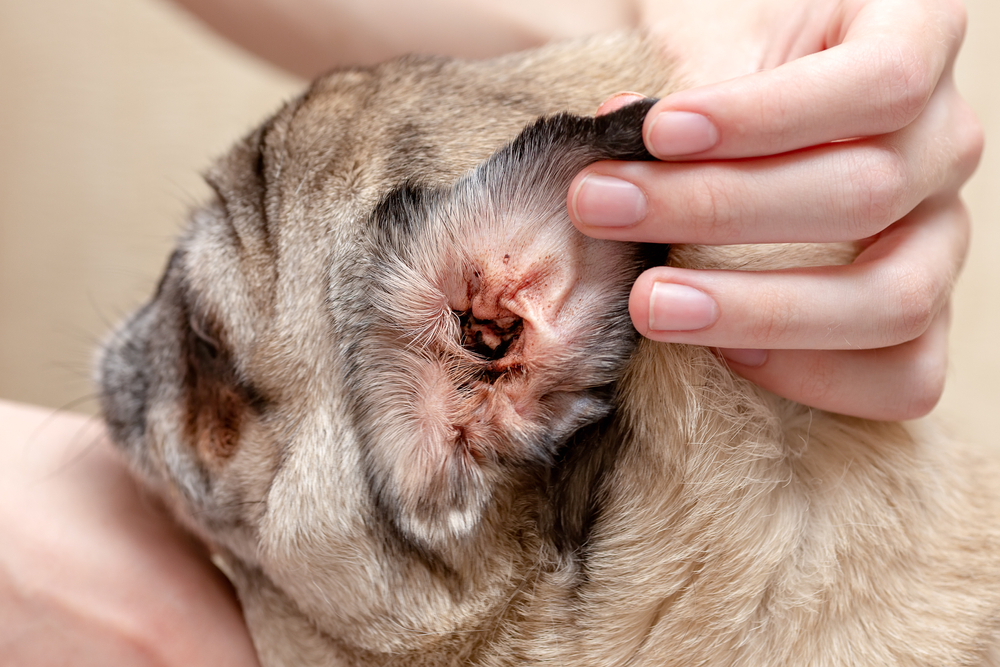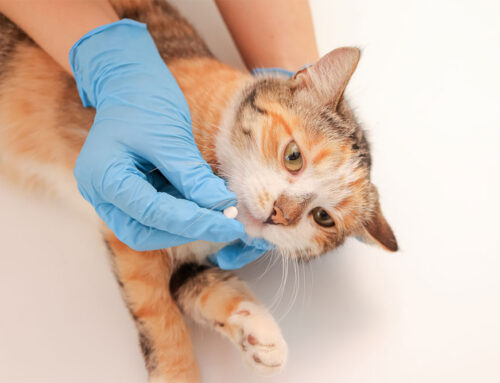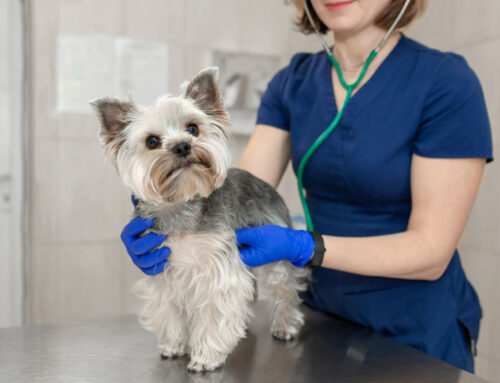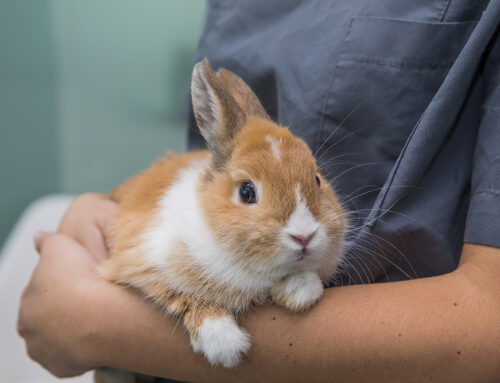When you get home on a Thursday at 7 pm after working all day, you find your pet has vomited numerous times and is acting lethargic. Should you rush them to an emergency clinic, call an urgent care facility, or is it OK to wait until your veterinarian opens for business the next morning? Our Parker Center Animal Clinic team wants your pet to get the care they need when they need it, and we answer frequently asked questions (FAQs) about the differences between emergency and urgent veterinary care.
Question: What is emergency veterinary care?
Answer: Emergency veterinary care is necessary for pets who need immediate medical attention for life-threatening conditions or situations that require prompt intervention to stabilize their health and prevent further deterioration. Veterinary emergency care facilities are equipped with the necessary medical equipment, diagnostic tools, and trained personnel to handle critical cases and provide around-the-clock care for pets in distress.
Q: What is urgent veterinary care?
A: Urgent veterinary care falls between emergency care and regular veterinary visits and involves the evaluation and treatment of non-life–threatening medical conditions that require prompt attention to alleviate pain or prevent disease progression. While these conditions aren’t immediately life-threatening, they warrant timely evaluation and treatment to ensure your pet’s well-being and comfort. Veterinary clinics offering urgent care typically operate during extended hours and on weekends to accommodate pet owners seeking prompt veterinary assistance for their pet’s urgent medical needs.
Q: When does my pet need emergency veterinary care?
A: Take your pet to an emergency veterinary care hospital when they need immediate medical attention. Situations that indicate your pet needs emergency veterinary care include:
- Significant trauma — If your pet experiences significant trauma, such as being hit by a car or falling from a considerable height, they need emergency care. Even if your pet seems OK, they should be evaluated by a veterinary professional to ensure they don’t have internal injuries.
- Fracture or dislocation — Bone fractures and joint dislocations are extremely painful and can lead to shock, and these conditions require emergency veterinary care.
- Bleeding — Significant blood loss can quickly become life-threatening. Seek emergency veterinary care if your pet is bleeding excessively or the bleeding won’t stop after applying pressure for five minutes.
- Toxicity — Ingesting toxins, such as xylitol, chocolate, antifreeze, and rat poisoning, can be deadly for your four-legged friend. Call Animal Poison Control and head to the closest veterinary emergency facility if you know or suspect your pet ingested a toxin.
- Collapse — Numerous conditions can cause your pet to lose consciousness or collapse, and each is considered an emergency.
- Respiratory distress — Your pet needs appropriate oxygenation to live, so seek emergency veterinary care if your pet seems to have difficulty breathing for any reason.
- Paralysis — If not addressed quickly, injuries and illnesses that cause paralysis can cause permanent damage.
- Heatstroke — If your pet overheats because the weather is a scorcher or they have overexerted themself, they can experience potentially life-threatening health complications.
Q: When does my pet need urgent veterinary care?

A: Take your pet to an urgent care veterinary hospital when their condition is non-life–threatening but they require prompt attention to alleviate pain or prevent disease progression. Situations that indicate your pet needs urgent veterinary care include:
- Vomiting or diarrhea — If your pet has one gastrointestinal (GI) upset bout but otherwise seems OK, you can withhold food and monitor them to see if the problem resolves. Indications you need to seek urgent veterinary care include numerous GI upset bouts, other signs such as abdominal pain, lethargy, inappetence, and distended abdomen, in addition to GI upset, or if you know or suspect your pet has ingested a foreign body.
- Wounds — If your pet has a minor wound or abrasion, they need urgent care to have the wound cleaned and bandaged appropriately.
- Eye problems — Eye issues can quickly deteriorate and threaten your pet’s vision. Seek urgent care if your pet has a swollen eye, excessive tearing or blinking, changes in an eye’s appearance, or if they seem to have experienced vision loss.
- Ear infections — Ear infections can be extremely painful and can lead to secondary complications, such as neurologic problems and hearing loss, if not addressed promptly. Seek urgent care if your pet shows signs such as head shaking, pawing at their ear, or ear discharge or odor.
- Torn nails — Torn nails are typically painful, and they also may bleed a lot. Your pet needs urgent care to remove the damaged tissue and help prevent infection.
If you have questions about the type of care your pet requires, contact our Parker Center Animal Clinic team. We are here to address your concerns and ensure your pet receives the care they need.






